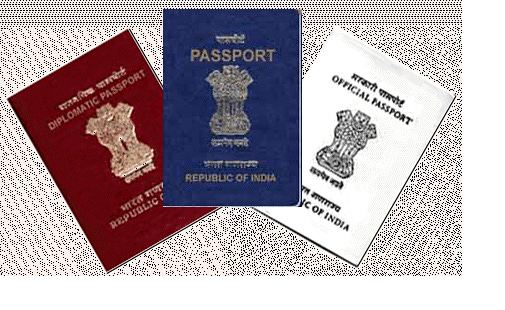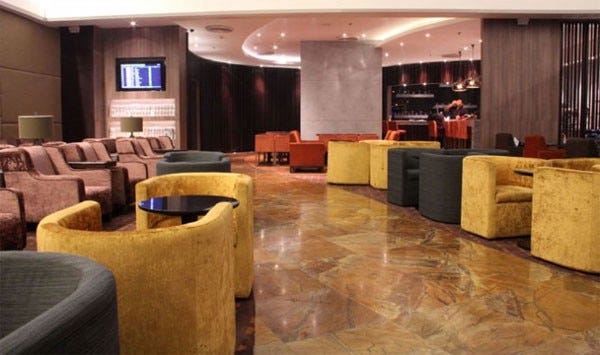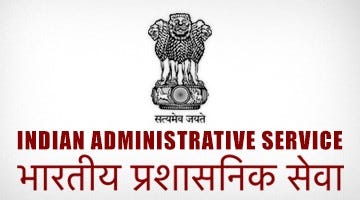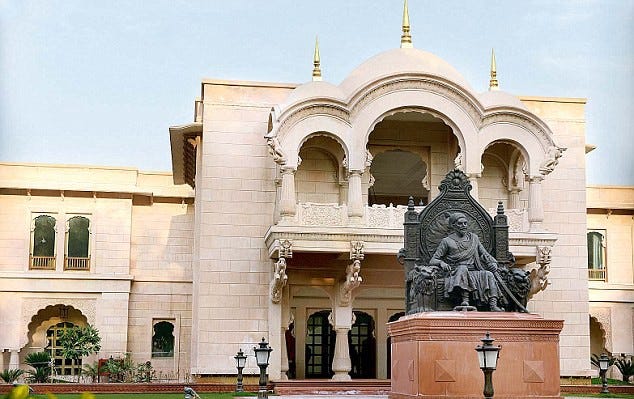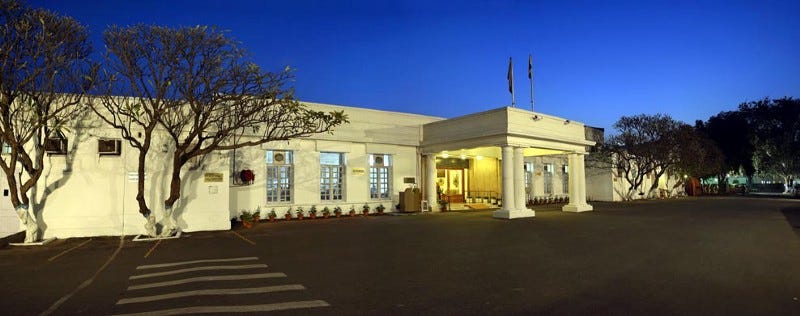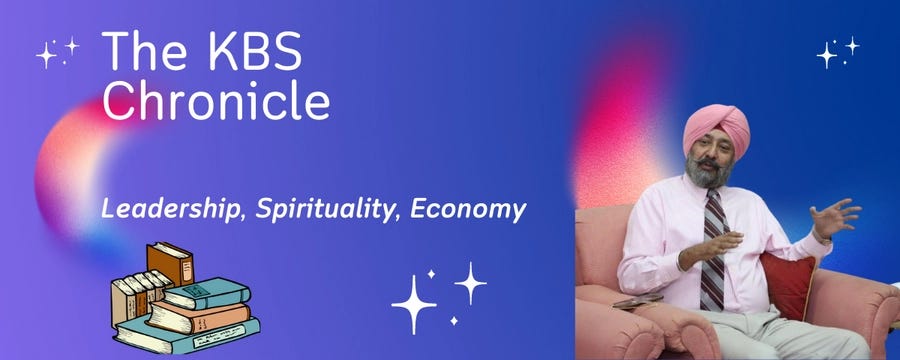The IAS Card — your access to privileged and exclusive customer service
In 2018, I had written an article captioned “IAS has now become the Indian Customer Service", serving the elite class.
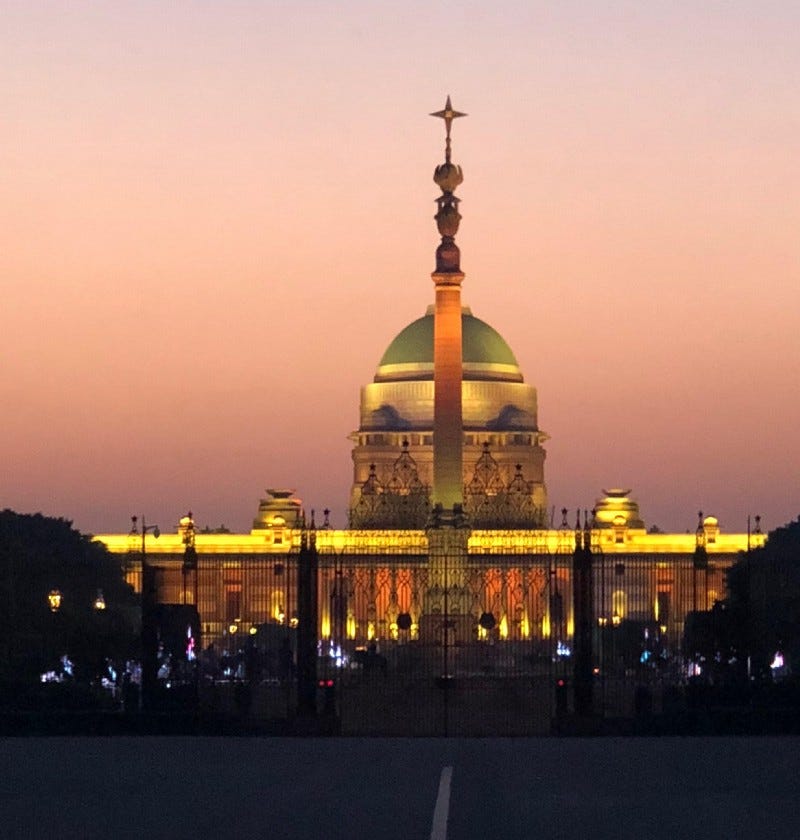
Introduction: Reflecting on the 2018 Article on IAS
The Core Argument: IAS as Indian Customer Service
In September 2018, as a serving IAS officer, I had penned an article captioned “IAS has now become the Indian Customer Service” that had been published in a reputed national e-Portal. The thrust of the same was that IAS officers are more focused on delivering priority services to an elite class of customers, even as the ordinary citizens languish in serpentine queues. The “preferred” clientele includes the members of the political executive, legislators, higher bureaucracy, businessmen and journalists et al. The piece did not, directly or indirectly, imply that the IAS officers, as a class, are either inefficient or corrupt.
Response from the IAS Community
The piece elicited quite an animated response from many of our serving IAS officer colleagues even though no one really put forth a reasoned rebuttal in the public domain. On the other hands, many officers, serving as well as retired, reached out to me privately as well as in their public comments on my Facebook post, stating that the article was a truthful representation of the existing state of affairs, even though it was not anybody’s (including mine) case that the existing scenario was desirable. They, however, seemed inclined to agree that to survive and thrive in the service career, an IAS officer could not but give disproportionate attention to the elite customers.
Call for a "Total Internal Reflection"
Barely days later, I published an article on my personal blog suggesting “total internal reflection” by the IAS community, collectively. Aren’t we ourselves a set of elite customers, claiming priority and exclusive services from the various instrumentalities of the State as also from private organizations, which even the relatively more informed citizens are perhaps completely unaware of? No, I am not talking of huge bungalows at next-to-nothing rentals, or chauffeur-driven cars or armed round-the-clock security at government expense or the concept of “camp office” as a part of your residence, which the government provides/ maintains. I am just talking about tangible and intangible perks, privileges and facilities some of which even money cannot buy.
I think, nearly five years down the line, it is time to recapitulate the same in its material particulars and see whether the things have changed much. Let our readers judge.
Colour of Passport
Yes, we are all aware of our deep blue passport, a proof of our being citizens of India. But then there are white-coloured “Official Passports” and the exclusive dark maroon coloured “Diplomatic Passports”. It’s not just about separate and fast-track immigration and emigration queues but also ease in getting visas from foreign countries. More importantly, many countries allow entry without visa to the holders of diplomatic and official Indian passports for a limited period (follow this link for a complete list, mea.gov.in/bvwa.htm). Our Constitution created just one class of citizens but if you see the practical utility of a diplomatic passport, which every IAS officer of the rank and status of a Joint Secretary to Government of India (JS to GOI) is entitled to possess, it appears that some citizens are “more equal than others”.
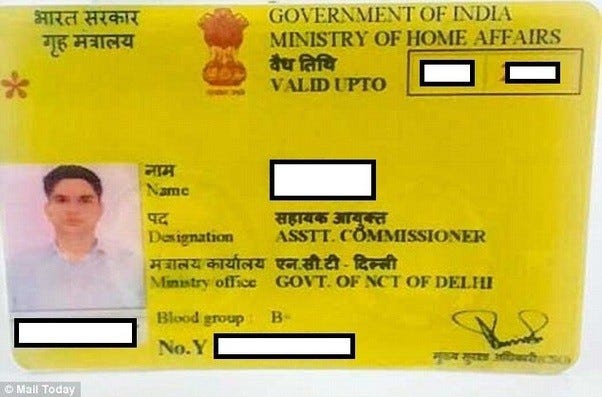
Home Ministry three-star Identity Card
Ever tried to enter any one of various “Sarkari” Bhawans in the National Capital, especially the hallowed portals of the North Block and the South Block? You need to have a prior appointment with the concerned officer, who then authorizes your entry. You are physically frisked, your files/ luggage and belongings X-rayed and you are allowed entry only after a temporary pass is issued at the “reception”. Be aware, there may be long queues here, so you’d better there well before time. On the other hand, if you are carrying the 3-Star Identity Card, irrespective of whether you are serving in the Centre or in a State, you glide through without any hassle whatsoever, with a complimentary salute by the otherwise obdurate and stern-looking CISF security-personnel as a bonus.
Bank’s Preferred Clients
I was very happy to note that the cheque book issued to me by a private bank designated me as “preferred” customer. I was soon upgraded to the status of a “privileged” one. But it was only when, as the Finance Secretary of my State, I was invited to a dinner with their visiting MD, did I discover that despite my consistently measly bank balance, I had been elevated the previous day to the highest level of hierarchy in the bank’s customers — the “Imperia” You now had a “Personal” Relationship Manager and if at all you deigned to visit the branch personally, no one lower than the Branch Manager was supposed to attend to you.
VIP Airport Lounges
Officers of the rank and status of JS in GOI are entitled to travel Business Class on official trips abroad. So, the exclusive lounges are a part of the deal. However, even in domestic travel your I-card can throw open the doors of the VIP Lounges, even if you are travelling economy class. Of course, who will stop your family members from accompanying you to these otherwise exclusive and restricted-access places? Yes, airlines have their own CIPS (Commercially Important Persons, for the uninitiated), but compared to the VIPs of the local administration/ State Government, they are quite far behind in matter of protocol. A friendly phone call to a colleague at the appropriate level may also earn you a coveted upgrade from the economy to business class on the domestic as well as overseas routes, especially on a private visit.
Red lights and NHAI Toll Bridges
Yes, the red-light VIP culture is out. The Centre has amended the Motor Vehicles Act/ Rules and no person can now flaunt a red/ blue or amber light atop his official vehicle. What about flag? Yes, IAS officers of the rank of Principal Secretary and above in the States support distinctive flags. In the field, junior officers of the rank of Commissioners and the District Magistrates also do so. These carry more weight than the erstwhile red-lights. I have seen all Secretaries GOI, supporting National Tricolour Flags on their official staff-cars — a rare privilege — but these are never allowed to flutter and fly freely (any symbolism there?) — these are wrapped up and covered in transparent plastic. Is it a part of some archaic Flag Code or a violation of the Prevention of Insults to National Honour Act, 1971. Act? All this also gets you a fast-track and toll-free access at all the toll-plazas throughout the country and free and priority vehicle parking at most places.
Ashoka Emblem on Letterheads
Home Ministry has stringent set of guidelines as to who and on what occasion may use the National Ashoka Emblem. However, an IAS officer from the day-one at prestigious Lal Bahadur Shastri National Academy of Administration (LBSNAA), Mussoorie habitually and customarily uses this in one form of the other on his official letterhead, till the date of his retirement. So, you are not really a public servant; you are the natural extension of the Indian State!
State Bhawans in New Delhi
An IAS officer is very parsimonious and exercises utmost economy when it comes to travel/ official tour to the National Capital. Although most are entitled to stay in 5-star hotels, the preferred place of stay is the State Bhawan. Maybe just modest facilities but safe, secure, central and great subsidized food. And, rate? Rs. 100/- per day, when on an official visit and a royal sum of Rs 300/- per day, if the visit is “private”. And, who Ubers it in Delhi when you have the State Bhawan Staff Car, flaunting a Home Ministry Parking Sticker, to ferry you around.
Membership of Elite Clubs
The Delhi-centric IAS officers do manage to get hold of membership of elite Clubs like the Delhi Golf Club, Delhi Gymkhana, India International Centre or the India Habitat Centre. It may be a tenure membership or a permanent one, but a friendly call from the concerned Ministry will get you access to at least one or more of these. And, if all else fails, you have the exclusive CSOI — Civil Services Officers Institute — which is second to none in terms of facilities. And, did the civil service officers pool resources to buy costly land and build the impressive infrastructure? Gosh, no! It’s perhaps the budgetary support for the “human resource development” of senior civil service officers.
Summing Up: Should the IAS enjoy these privileges?
So, those young aspirants who are being discouraged by serving/ retired civil service officers from joining the IAS for a variety of reasons, remember: there are some things that money can buy but for some other rare things, you need to carry the IAS Card. But then all this but a small compensation for a life-time of service dedicated to the poorest of the poor at salaries that are virtually peanuts.
The floor is now open for your views and comments.


